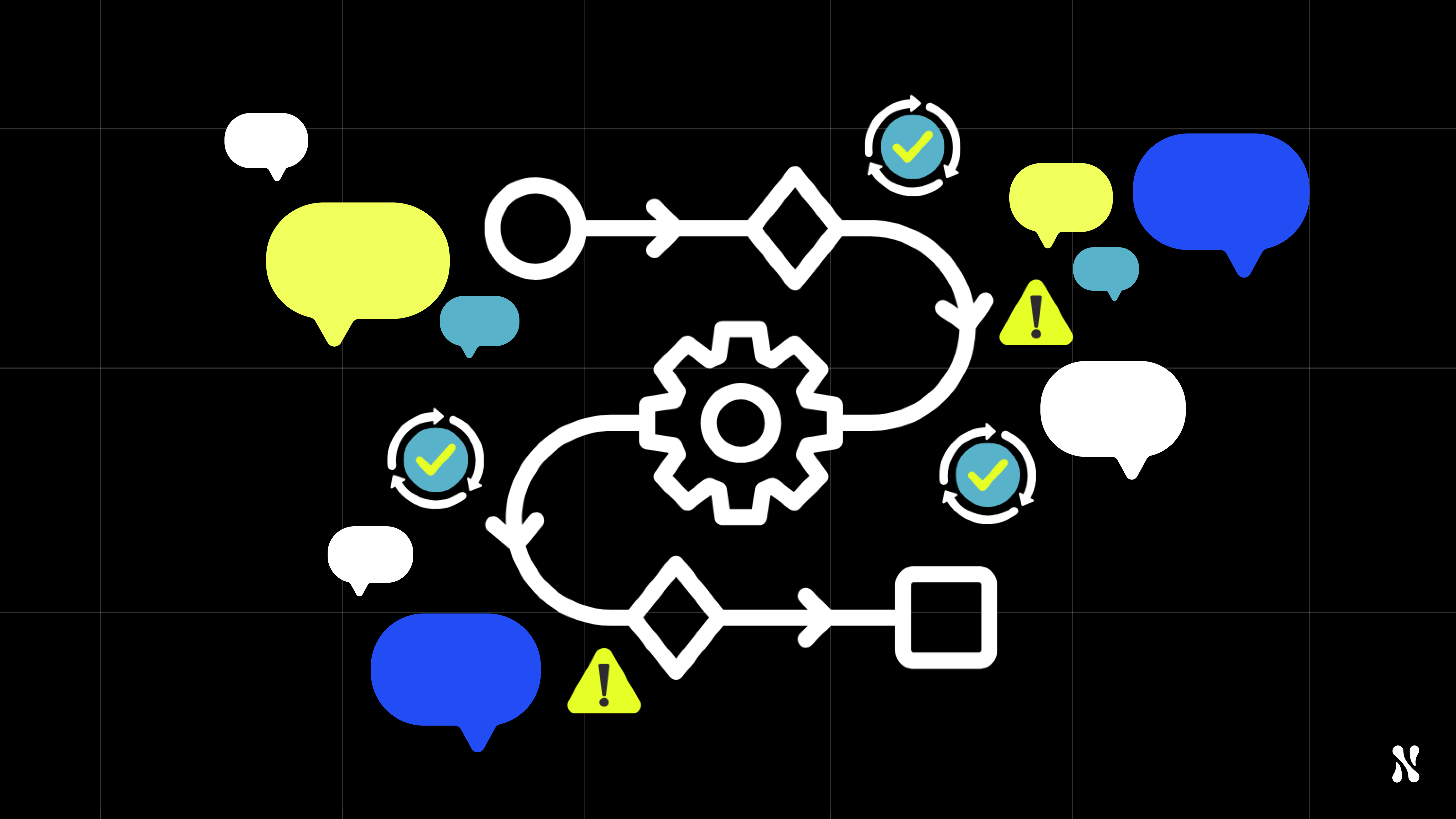The Transformative Power of Conversational AI: Enhancing Customer Interaction and Operational Efficiency
Businesses are increasingly turning to AI technologies to enhance customer interactions and streamline operations. Gartner predicts that by 2025, 80% of customer service and support organizations will be applying generative AI technology in some form to improve agent productivity and customer experience (CX). At the forefront of this technological revolution is Conversational AI, a key branch of artificial intelligence that enables machines to engage in natural, human-like conversations. This blog post explores the key components, benefits, and real-world applications of conversational AI.
Understanding Conversational AI
Conversational AI encompasses technologies that simulate human conversation, enabling interactions via text or voice. As traditional chatbots relied on predefined scripts, conversational AI systems use advanced techniques in natural language processing (NLP), machine learning (ML), and more lately, large language models (LLMs) to understand and generate human-like responses. This allows for more dynamic and context-aware interactions, making it possible for businesses to offer a more personalized and engaging customer experience.
Key Components of Conversational AI
The functionality of conversational AI realies on several core components:
- Natural Language Processing (NLP): This involves four crucial steps:
- Input Generation: Users input data through text or voice.
- Input Analysis: The system uses natural language understanding (NLU) to interpret the meaning and intent behind the input. For voice inputs, automatic speech recognition (ASR) converts speech to text before analysis.
- Dialogue Management: Natural language generation (NLG) formulates an appropriate response based on the analysis.
- Reinforcement Learning: Machine learning algorithms continually refine the system’s responses by learning from past interactions.
- Machine Learning (ML): ML algorithms enable conversational AI to learn from vast datasets, recognize patterns, and improve its responses over time. As the system processes more interactions, it becomes better at predicting user needs and delivering accurate responses.
- Large Language Models (LLMs): Large Language Models represent a significant advancement in Conversational AI. These models are trained on extensive datasets, allowing them to understand and generate human language with remarkable accuracy and fluency. LLMs, such as GPT-4o and beyond, have significantly enhanced the capabilities of conversational AI by providing deeper contextual understanding and more coherent responses.
Evolution from NLP to LLMs
The evolution from natural language processing (NLP) to large language models (LLMs) marks a significant advancement in conversational AI. Initially, NLP relied on rule-based systems and statistical methods, which provided sometimes limited and rigid responses. The integration of machine learning (ML) enhanced NLP by allowing models to learn from vast datasets, improving accuracy and flexibility.
LLMs, such as GPT-4, have revolutionized this field by leveraging deep learning and extensive training data to understand context deeply and generate human-like responses. These models handle complex, nuanced conversations more effectively, making AI interactions more dynamic and natural. This progression has significantly enhanced the capabilities and applications of conversational AI.
Benefits of Conversational AI
Conversational AI offers numerous advantages that can significantly impact both customer satisfaction and operational efficiency:
- Improved Customer Experience:
- 24/7 Support: AI-powered chatbots and virtual assistants provide round-the-clock assistance, ensuring customers receive immediate responses to their queries.
- Personalization: By leveraging historical data, conversational AI can tailor responses and recommendations to individual customer preferences, enhancing the overall experience.
- Operational Efficiency:
- Automation of Routine Tasks: Conversational AI can handle repetitive inquiries, freeing up human agents to focus on more complex issues.
- Cost Reduction: By automating customer support, businesses can reduce staffing costs and improve service availability without significant additional expenses.
- Scalability:
- Handling High Volumes: Conversational AI can effortlessly manage a large number of interactions simultaneously, making it ideal for businesses experiencing seasonal spikes or expanding into new markets.
- Accessibility:
- Inclusive Support: AI solutions can aid customers with disabilities by offering features like text-to-speech and language translation, making services more accessible to a diverse user base.
Real-World Applications of Conversational AI
The versatility of conversational AI extends across various sectors, providing innovative solutions for numerous use cases:
- Customer Support: AI chatbots and virtual assistants are deployed on websites and messaging apps to answer frequently asked questions, provide product information, and resolve issues.
- E-commerce: Conversational AI enhances online shopping by assisting with product recommendations, order tracking, and personalized shopping experiences.
- Healthcare: Virtual health assistants offer medical information, schedule appointments, and support telehealth services, improving patient care accessibility and efficiency.
- Finance: AI chatbots help customers manage their finances by providing account information, processing transactions, and offering financial advice.
- Human Resources: Conversational AI streamlines HR processes like employee onboarding, training, and information updates.
Challenges and Considerations
While the potential of conversational AI is great, it also faces several challenges:
- Language Input Variability: Dialects, accents, and background noise can affect the AI’s ability to understand and process inputs accurately.
- Privacy and Security: Handling sensitive data requires robust security measures to protect user information.
- User Acceptance: Educating users on the benefits and safety of conversational AI is crucial to gaining their trust and ensuring successful adoption.
- Integration with Human Agents: Providing a seamless transition to human agents for complex queries is essential to maintaining a high level of customer satisfaction.
Conclusion
Conversational AI is transforming the landscape of customer interaction and business operations. By leveraging advanced AI technologies like LLMs, Conversational AI offers significant improvements in efficiency, scalability, and user experience. As businesses continue to integrate conversational AI into their operations, they can see enhanced customer satisfaction, reduced costs, and a more agile response to market demands.
Leveraging Nebuly for Conversational AI
Nebuly helps businesses analyze every user interaction with LLM-based Conversational AI applications. By leveraging Nebuly, you can gain valuable insights to continuously improve and personalize Conversational AI user experiences, ensuring that every customer touchpoint is optimized for maximum engagement and satisfaction. If you're interested in enhancing your Conversational AI user experience, we'd love to chat. Please schedule a meeting with us today HERE.






